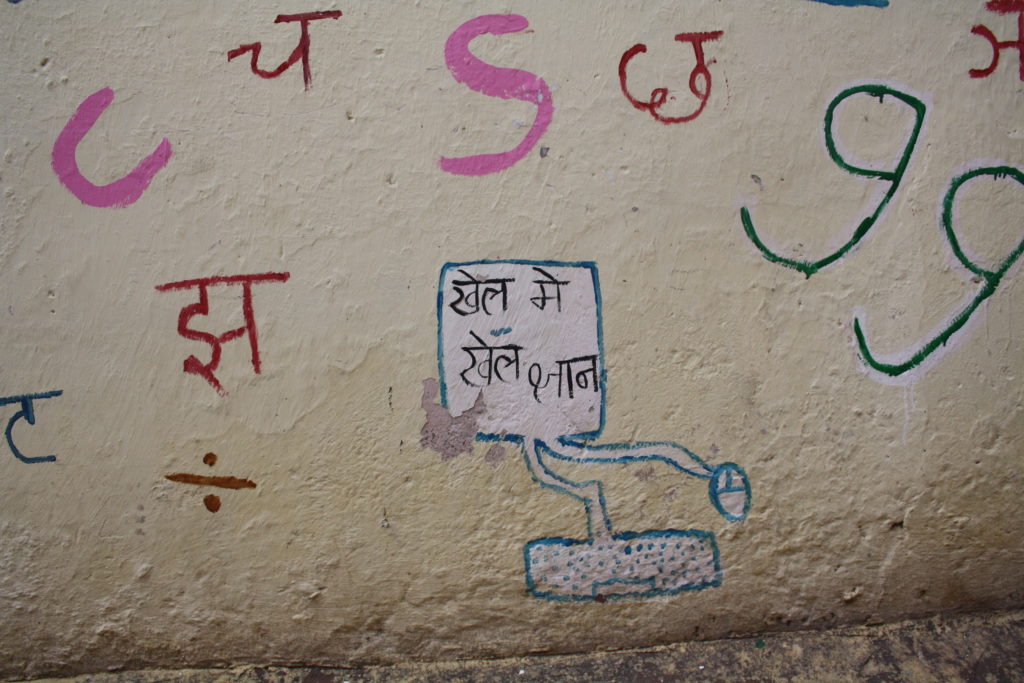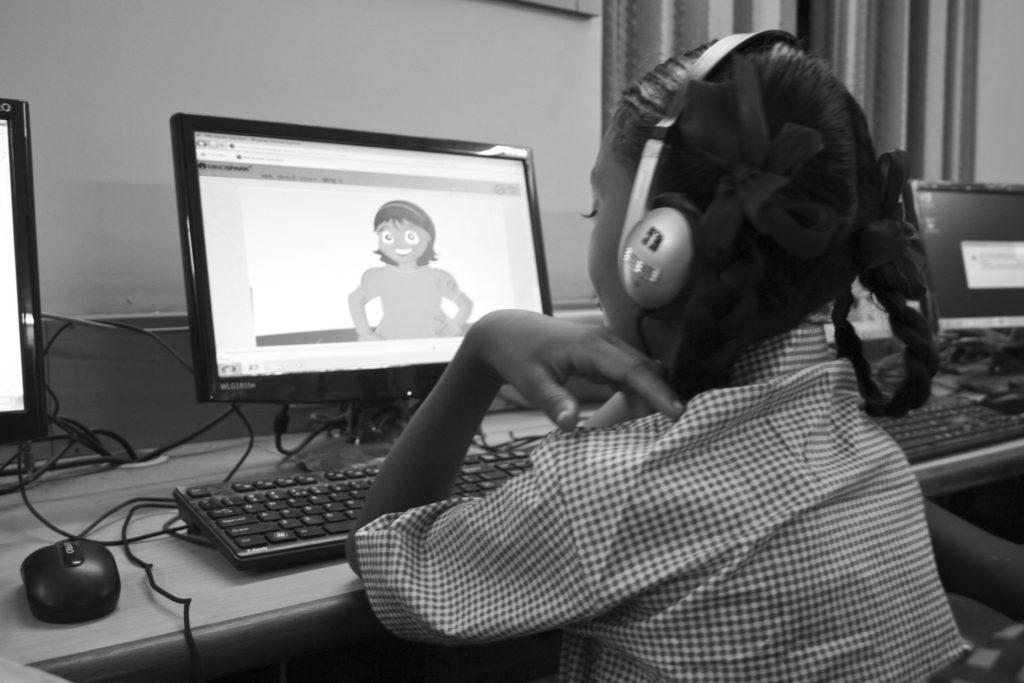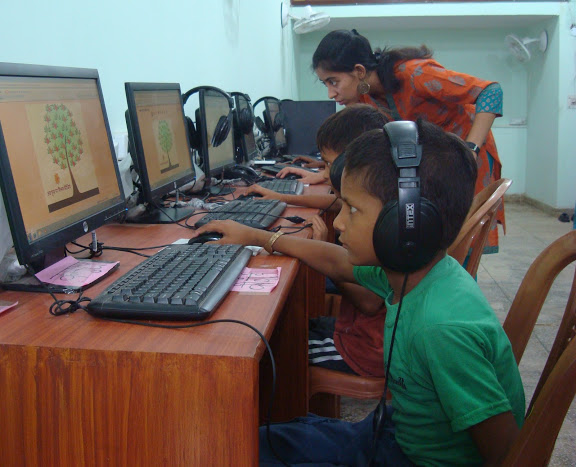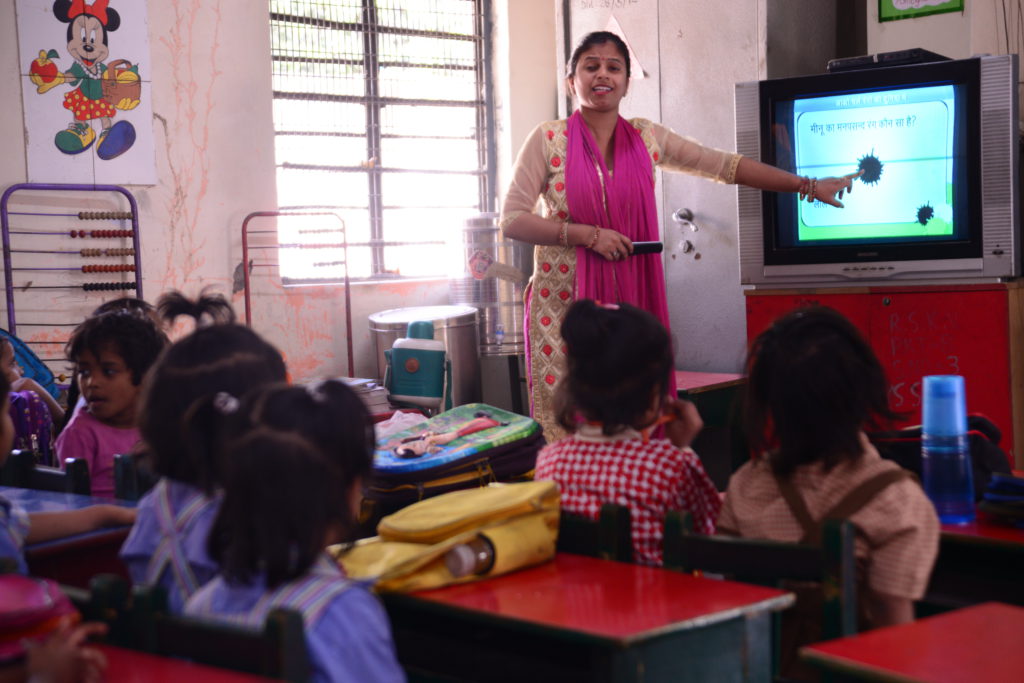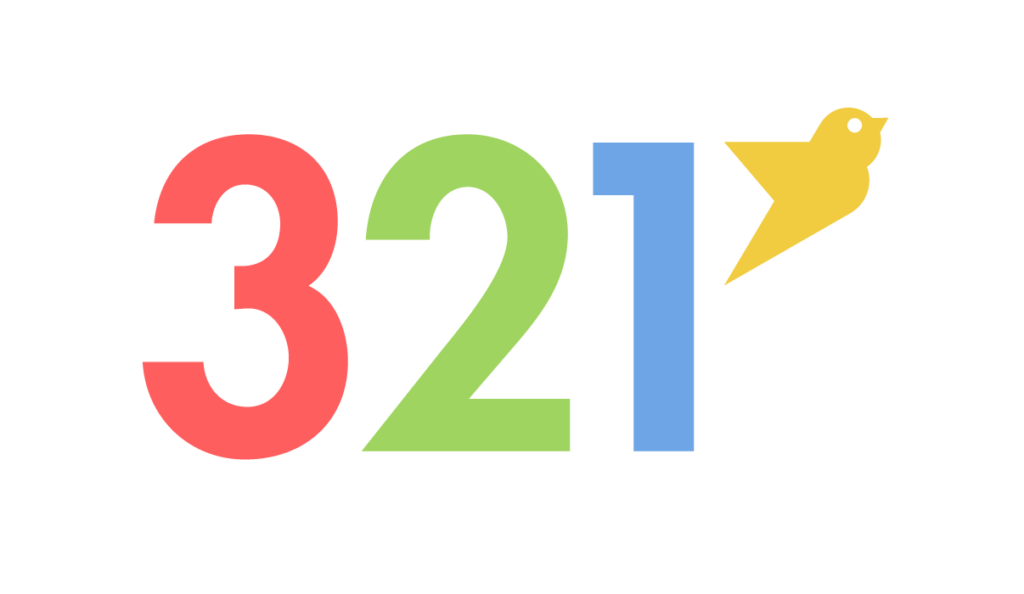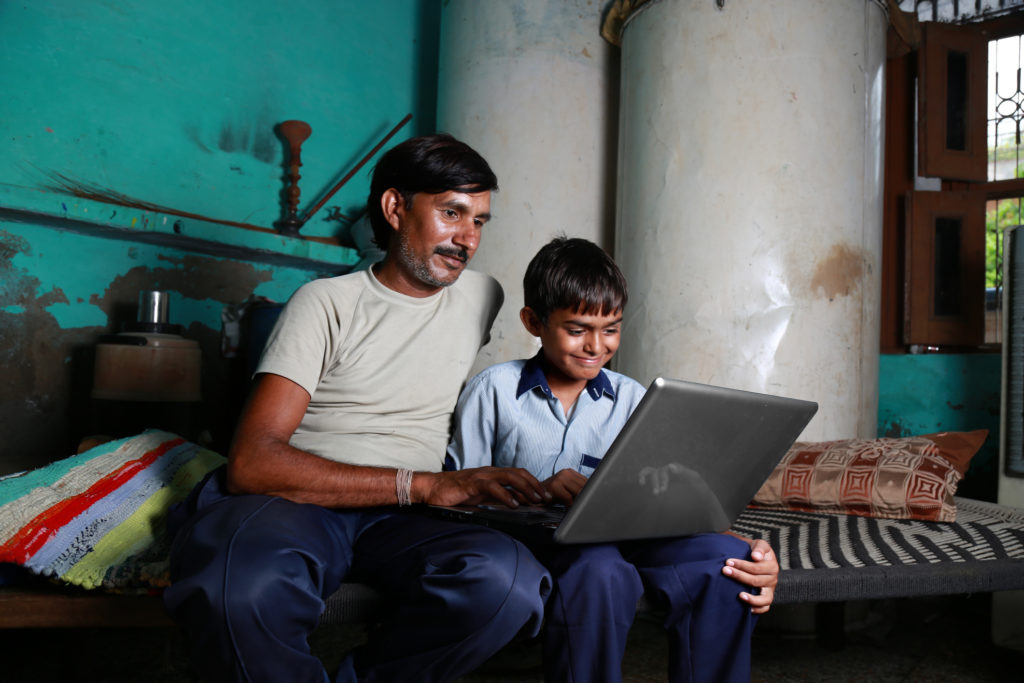
Because of the rapid expansion of EdTech as a substitute for traditional learning around the world and against the backdrop of full-scale temporary substitution due to the coronavirus pandemic, this study explores the educational production function by using a large randomized controlled trial that varies dosage of computer-assisted learning (CAL) as a substitute for traditional learning.


